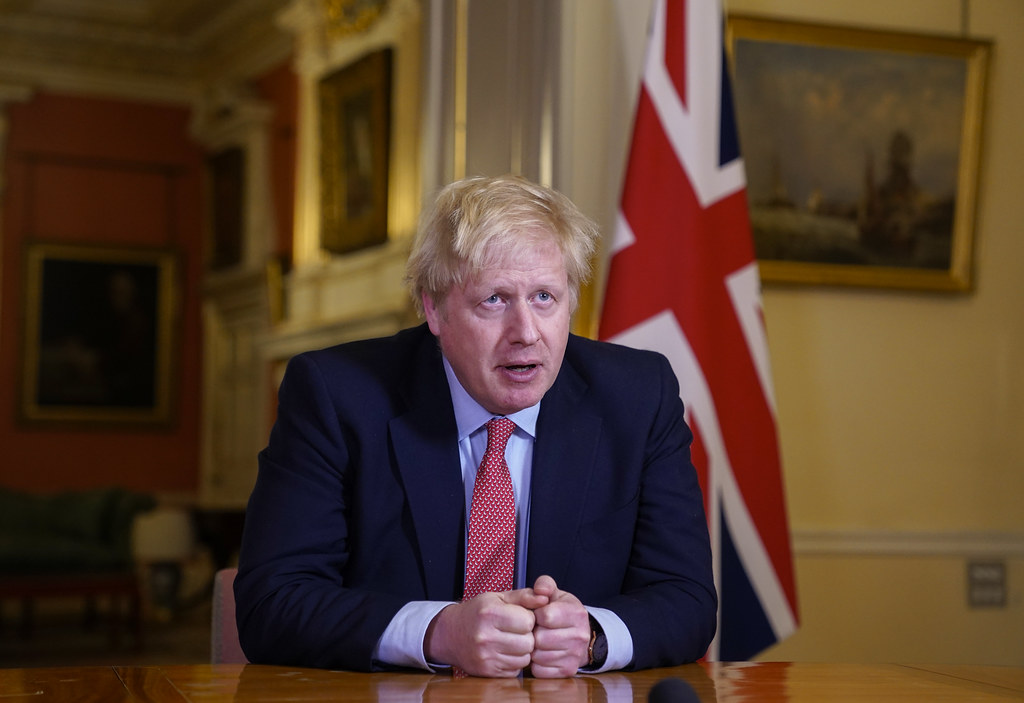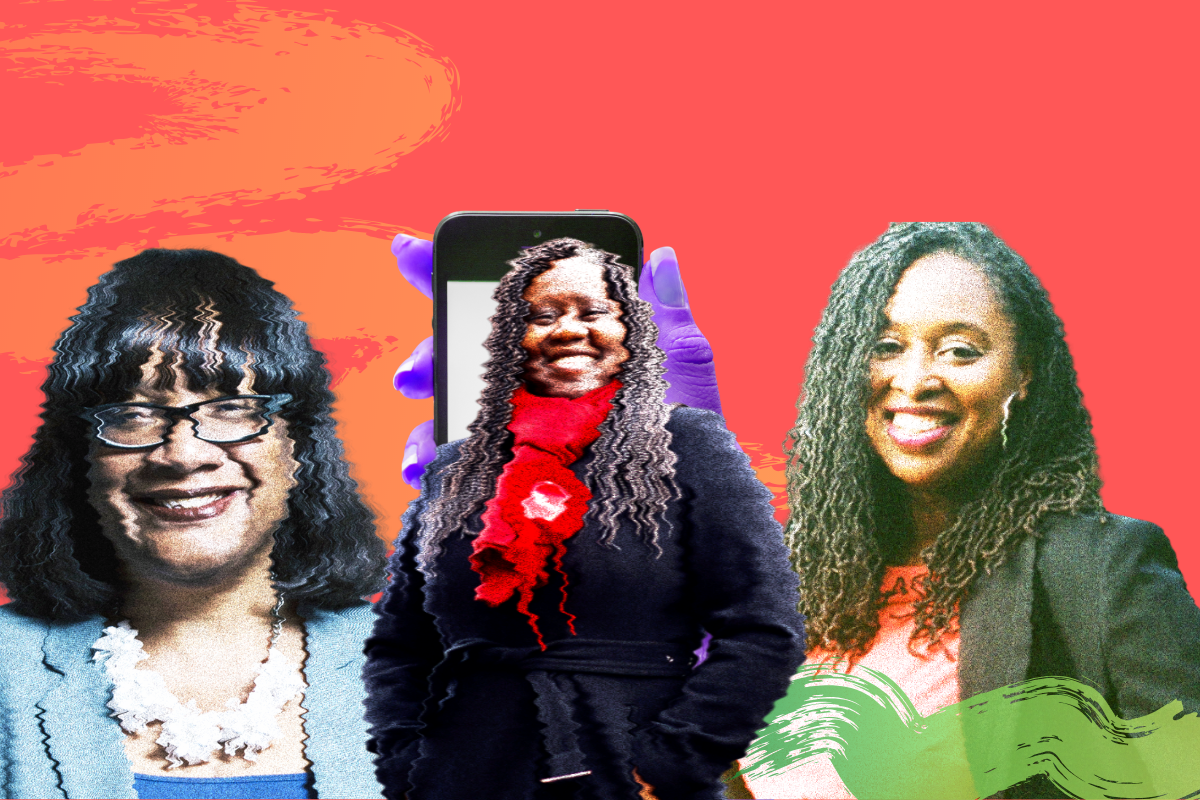
Until recently, politics was just background noise to my existence. I knew from a young age my parents were Labour supporters and even though I had no clue what that meant, I stood by their choice. In the playground I would say I too supported Labour, and would stand up to children who tried telling me my parents were wrong. But as I got older, and obviously began to understand the vast differences between the political parties, I began to wonder who my friends supported, and how this might affect our relationships.
I was always under the impression that it was rude to ask anyone who they were voting for. Similar to enquiring about an older woman’s age or asking someone what salary they’re on, it seemed a conventional wisdom to just not ask. However, I was also under the impression that my own family, stemming from working class Jamaican immigrants, were Labour voters. Unfortunately, life is not that simple. As I hit my early 20’s and began to debate the politics I was so newly interested in with family, I found out that my grandad had very, very different views from the rest of us.
Not to make excuses for him, but, at least in my view, he is an old, simple and stubborn man. A devout Christian who does not believe in evolution, and isn’t related to me by blood – I can’t say I had the patience to argue with him for long about his love for Donald Trump. I can say however that if he’s the one person out of ten in my family who won’t be voting for Labour, I can deal with that.
Having family that don’t vote the same as you can be awkward and worrying if you really believe in the views and aims of your favourite political party. But what about the people you choose to spend time with? Do you need to know who they’re voting for? Or are political leanings and social interaction truly incompatible?
In my opinion, I believe that the views of my friends should really reflect a lot of my own. I like to spend time with people who I know have the same morals as me, the same interests as me, even the same taste in music in some cases – so why would I not want friends who would vote for the same, if not similar, political party? As a Labour supporter, to me the question is less “Who are you voting for?” and more “Do you believe in fighting to support our NHS, schools and social care?”
I had one friend at work who I thought was a lovely person. On one occasion they told me that if they could, they would vote for the British National Party (BNP). I couldn’t even voice my response. I just wondered, why? Feeling hurt and angry, I refused to have any sort of discussion about it and left the room. This was a person whose opinion I had previously valued, but obviously our wider interests were not aligned and it turns out we had very little in common. With “Stop Immigration Now!” as their 2016 election tag line, how could an immigrant support a party that wouldn’t even allow them to come into this country? It made no sense, and clearly they didn’t think others were worthy of the opportunities they had been afforded by moving to the UK.
Perhaps this is the reason it’s considered impolite to ask others who they’re voting for: you might hear something you don’t want to. To me though, that’s a good thing. I’ve learnt a lot about the different parties’ plans for education, wages, tax, etc, by people asking people who they vote for and discussing manifestos. I want to know what they think about the future of immigration. I want to know whether my friends give a crap about the poorest in our country. I want to be able to say yes, my friends do care about me and how this government affects my life, as well as their own. Doesn’t that prove they really are your friends?









